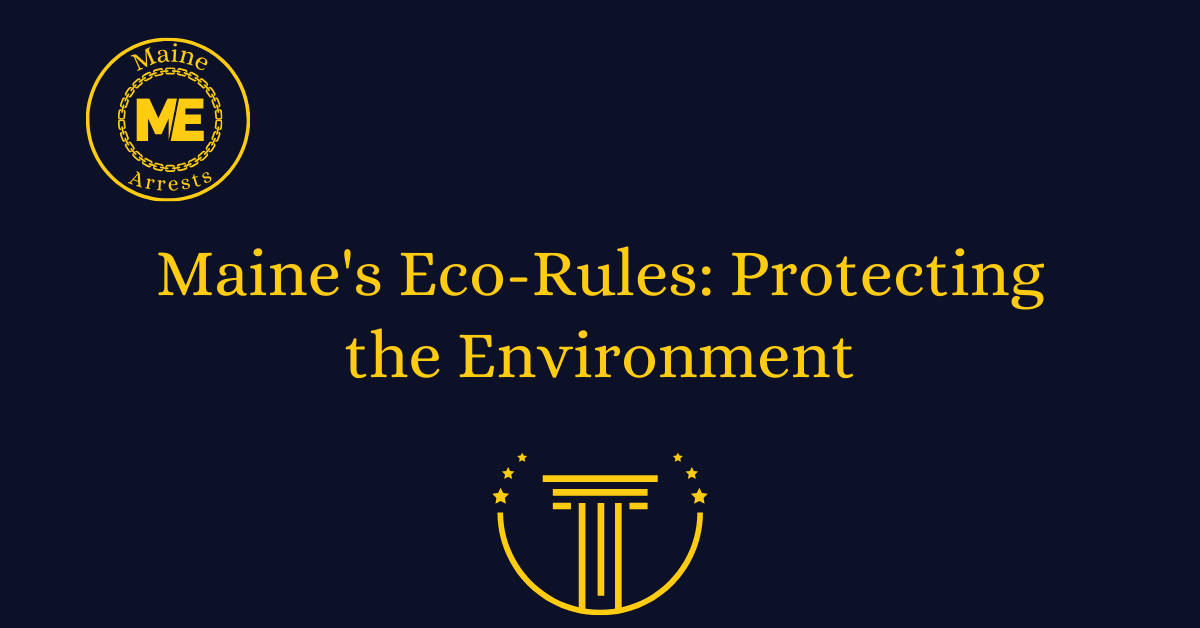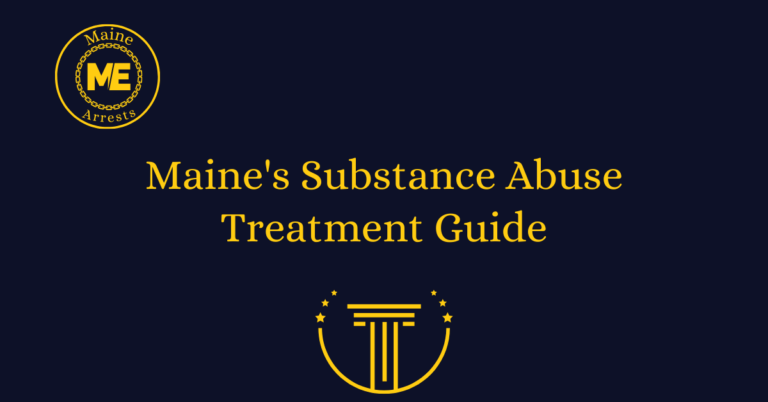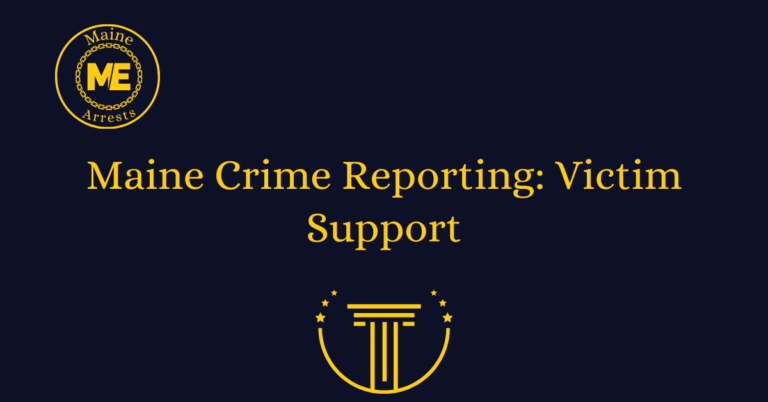Maine’s Eco-Rules: Protecting the Environment
In the beautiful state of Maine, environmental protection is not just a priority, it’s a way of life. With its stunning landscapes, pristine waters, and diverse wildlife, Maine has long been dedicated to preserving its natural wonders for future generations to enjoy. From the rocky shores of Acadia National Park to the towering pines of Baxter State Park, Maine’s eco-rules play a vital role in safeguarding this unique and precious ecosystem.
Through a combination of strict regulations, innovative initiatives, and a deep-rooted respect for nature, Maine has become a leader in environmental conservation. From reducing carbon emissions to promoting sustainable practices, the state’s commitment to protecting the environment is evident in every aspect of daily life. Join us on a journey through Maine’s eco-rules, where we explore the remarkable efforts being made to protect and preserve this incredible natural landscape.
Maine’s Commitment to Sustainable Energy
In the pursuit of a greener future, Maine has taken significant steps to reduce its carbon footprint and promote sustainable energy practices. Through the implementation of renewable energy sources such as wind, solar, and hydroelectric power, the state has made great strides in transitioning to cleaner and more efficient energy options. These initiatives not only contribute to the preservation of Maine’s natural resources but also serve as a model for other states to follow.
Protecting Wildlife and Biodiversity
Maine’s dedication to environmental conservation extends to its diverse wildlife and rich biodiversity. The state boasts an impressive array of species, including iconic animals such as moose, bald eagles, and Atlantic puffins. Through habitat preservation, wildlife management programs, and strict regulations on hunting and fishing, Maine ensures the continued existence of these remarkable creatures. By safeguarding their natural habitats and promoting conservation efforts, the state is preserving its unique ecosystem for generations to come.
Preserving Coastal Beauty
Maine’s extensive coastline is a treasure trove of natural beauty and ecological importance. From the rugged cliffs of the Downeast region to the sandy beaches of southern Maine, the state’s coastal areas are home to a diverse array of marine life and provide vital habitats for countless species. Recognizing the significance of these coastal ecosystems, Maine has implemented measures to protect and preserve its shores. Through beach cleanups, marine debris reduction initiatives, and strict regulations on coastal development, the state ensures the longevity of its stunning coastal landscapes.
Education and Awareness
One of the key pillars of Maine’s environmental conservation efforts is education and awareness. By fostering a sense of responsibility and understanding among its residents and visitors, the state aims to create a culture of environmental stewardship. From environmental education programs in schools to informative visitor centers in its national parks, Maine strives to empower individuals with the knowledge and tools necessary to make sustainable choices. By raising awareness about the importance of conservation, the state hopes to inspire others to take action and protect the environment.
Promoting Sustainable Tourism
Maine recognizes the significant impact that tourism can have on its natural resources and strives to promote sustainable practices within the industry. From eco-friendly accommodations to responsible outdoor recreation guidelines, the state encourages visitors to explore and enjoy its natural wonders in a way that minimizes their environmental footprint. By prioritizing sustainable tourism, Maine ensures that its natural landscapes remain pristine and accessible for future generations to experience and cherish.
FAQs
What are Maine’s Eco-Rules and how do they protect the environment?
Maine’s Eco-Rules are a set of regulations and guidelines aimed at preserving and conserving the environment. These rules cover various aspects such as air and water quality, waste management, and conservation of natural resources. By enforcing these rules, Maine aims to minimize pollution, promote sustainable practices, and safeguard its unique ecosystems.
What measures does Maine take to control air pollution?
Maine has implemented strict regulations to control air pollution. These measures include monitoring and reducing emissions from industries, promoting cleaner energy sources, and encouraging the use of eco-friendly transportation. By enforcing these measures, Maine aims to improve air quality and protect public health.
How does Maine ensure the protection of its water resources?
Maine has robust regulations in place to protect its water resources. These include strict controls on industrial discharges, proper waste management practices, and the preservation of wetlands and aquatic habitats. Maine also promotes water conservation and educates the public on the importance of responsible water usage.
What steps does Maine take to manage waste effectively?
Maine has comprehensive waste management strategies to minimize the environmental impact of waste. These include promoting recycling and composting, implementing proper disposal methods for hazardous waste, and encouraging sustainable packaging practices. Maine also emphasizes education and awareness programs to encourage responsible waste management among its residents.
How does Maine promote conservation of natural resources?
Maine prioritizes the conservation of its natural resources by implementing various strategies. These include protecting forests, wildlife habitats, and sensitive ecosystems through designated conservation areas and national parks. Maine also supports sustainable forestry practices, promotes renewable energy sources, and encourages responsible land use to ensure the long-term preservation of its natural beauty.







